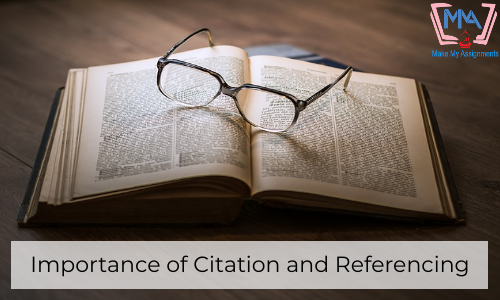
Figurative Language and its use in academics
Writing as a means of communication and day-to-day conversation has evolved over centuries, and a lot more changes could be witnessed since its evolution. Many of the words that meant something a few decades back have a completely different meaning now. One such feature that has evolved the most in the field of academic writing is the use of figurative language.
A language that says a lot more than just a literal meaning is referred to as figurative language. Here, the author tries to present his/her thoughts and desires more vividly so that he/she can easily grab the attention of readers. This type of language is often used in the semi-formal or in-formal mode of writing, which generally includes; poems, fictions, blogs, newspaper articles, and magazines. Figurative language is one such important tool that helps the writer to be more creative with its work and use of words.
When the author tries to make his/her writing sound more interesting and fascinating, it often makes use of such language that evokes additional feelings and thoughts. This further helps them develop a sense of imagination to their writing, which creates interest in the minds of readers.
Importance of figurative language
With the help of figurative language in your content, you can make your writing sound more interesting. This is when the readers get pleased with the type of content and language introduced by you in your writing. The use of figurative language kind of diverts your content from being bored and to the point, to opening multiple dimensions and interpretations for readers. If you want to draft a perfectly compiled assignment with a well-written piece of figurative language in it, then you must address its multiple meanings, which are all true to its sense. However, the potential use of such skills in writing depends upon the knowledge of the writer and imagination of readers. Writings that mainly focus on entertaining the readers with its context, such as fantasy novels, comics, children books and movie scripts, often portray the vast use of figurative language in their content.
Nowadays, you can easily witness the use of figurative language in your day-to-day conversations. It is quite common that you are making use of figurative language in your everyday conversation with colleagues and friends without even knowing about it. Apart from this, some people or say a particular community are not that aware of the use of figurative language and somehow fail to understand the use of figurative phrases in your piece. This could be because of the non-familiarity aspect. Therefore, it is very important for us as well as for the readers to read and learn about the use of figurative language in content and how it can help enhance the quality of your day-to-day communication.
Use of figurative language
Often figurative language comes in different forms, and there are no such guidelines for the same to be pursued. However, there is one such important thing for writers that they must note while employing the use of figurative language in their content. Always remember that the use of figurative language is mostly implied with the help of some context. Therefore, it is not possible for one figure of speech to help portray the same meaning everywhere.
Due to the evolution since years and the adaptation of figurative language in literature, different regions represent its structure differently. Therefore, one can say that the phrase is used in one part of the world may not be used in the other. There must be something else, something that’s completely different and viable from the first one. Hence, in order to employ its feature appropriately, you must understand the cultural and social norms of a particular region and then make use of figurative phrases that are commonly used by their locals.
So, this was a short illustration of what we call it as the use of figurative language and how it needs to be employed in writing. Apart from this, if you ever need help regarding your academic assignments or papers, feel free to contact our online academic writing services for professional help and guidance.






